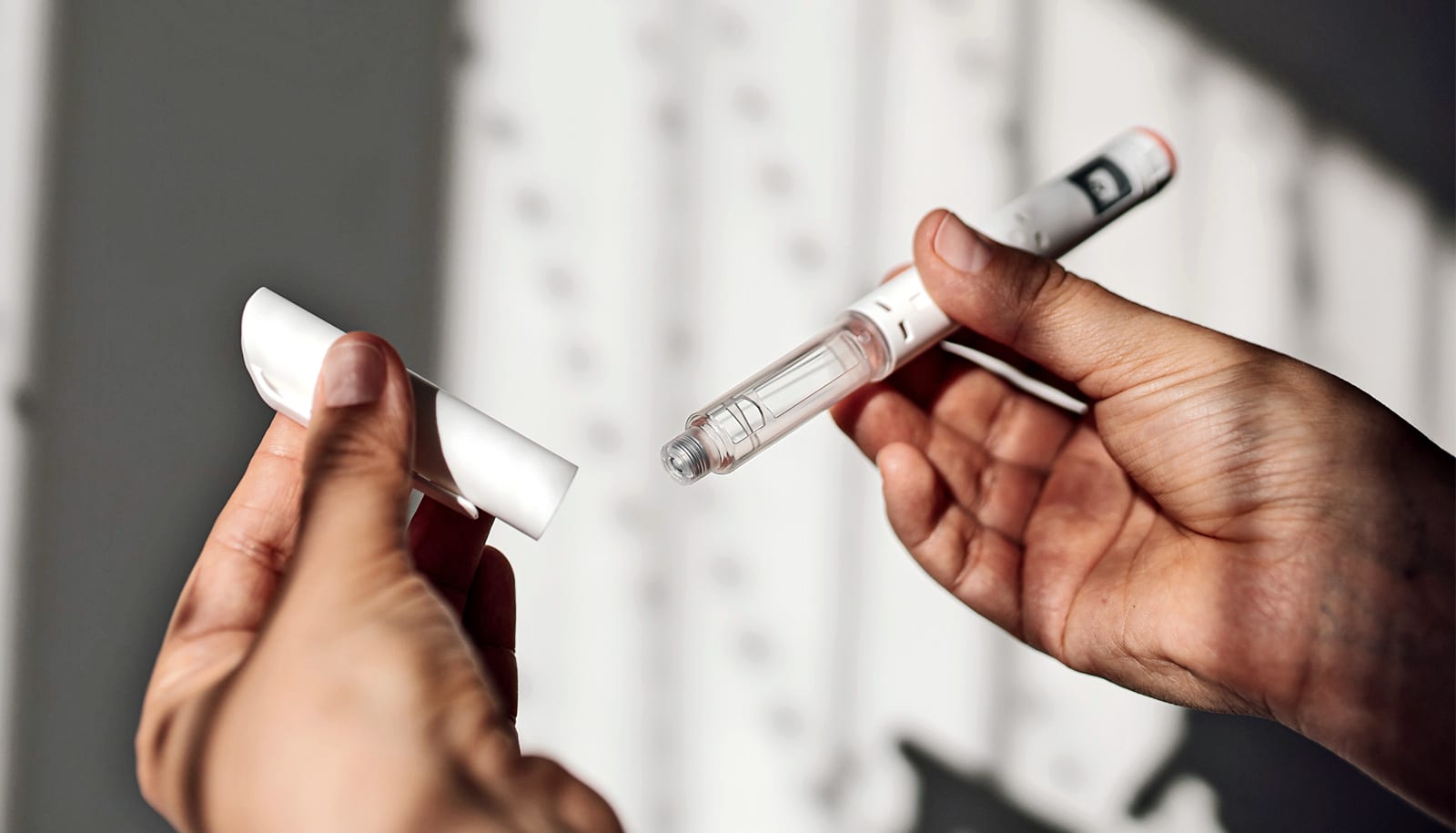Registered nurses (RNs) are better equipped than licensed practical nurses (LPNs) to identify medication order discrepancies that could cause residents harm, research shows.
Medication reconciliation aims to spot these medication order discrepancies to keep patients safe when they move from hospitals to nursing homes. Nurses serve on the front lines of the practice, but don’t all have the same education and preparedness.
“Complications from medication order discrepancies pose a real risk to nursing home resident safety,” says Amy Vogelsmeier, associate professor of at the Sinclair School of Nursing at the University of Missouri and lead author of the paper in BMC Health Services Research.
“Knowing how nursing home staff, especially nurses, are handling medication orders can help nursing homes improve care and ensure that residents are safe.”
Researchers interviewed nurses working in 12 Midwestern nursing homes to see how RNs and LPNs describe their roles in medication reconciliation and their rationale for identifying medication order discrepancies.
Nurses reported a variety of demands, including communicating with hospital staff and considering nursing home rules and regulations. However, when performing medication reconciliation, RNs were more concerned about accuracy, safety, and knowing a resident’s clinical condition.
Should more nurses have bachelor’s degrees?
LPNs were more concerned about time and more likely to make assumptions about medication orders. Further, LPNs were more likely to fail to recognize the complexities of residents’ medical conditions and rely on rules to guide decisions.
“Both RNs and LPNs serve as valuable assets to nursing homes and play critical roles in improving resident care,” Vogelsmeier says. “However, RNs offer a unique contribution to complex processes such as medication reconciliation because of their education.
“Nursing home leaders must acknowledge the differences and make certain the most qualified practitioner is assigned to handling medication orders to ensure residents remain safe.”
Other researchers from the University of Missouri, the University of North Carolina at Chapel Hill, and the University of Iowa are coauthors of the study. The National Council State Boards of Nursing funded the work.
Source: University of Missouri



